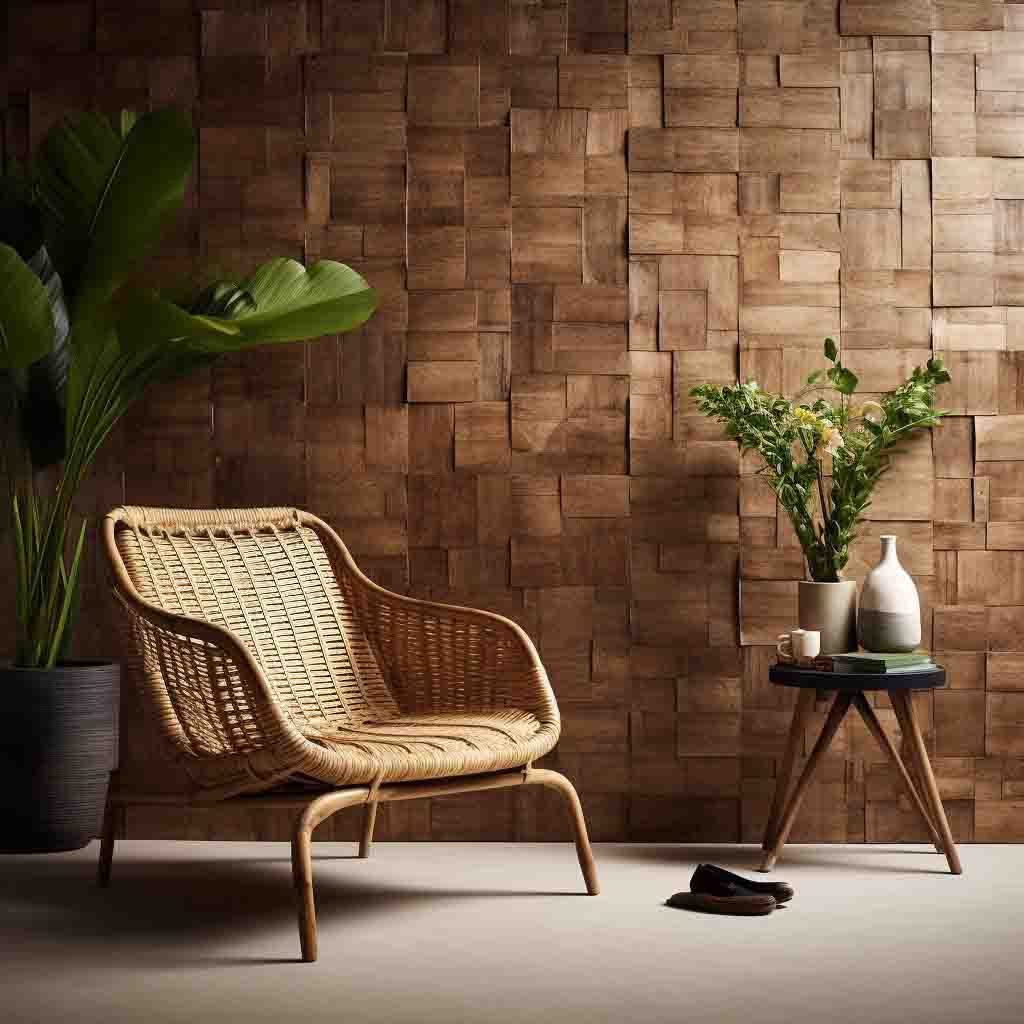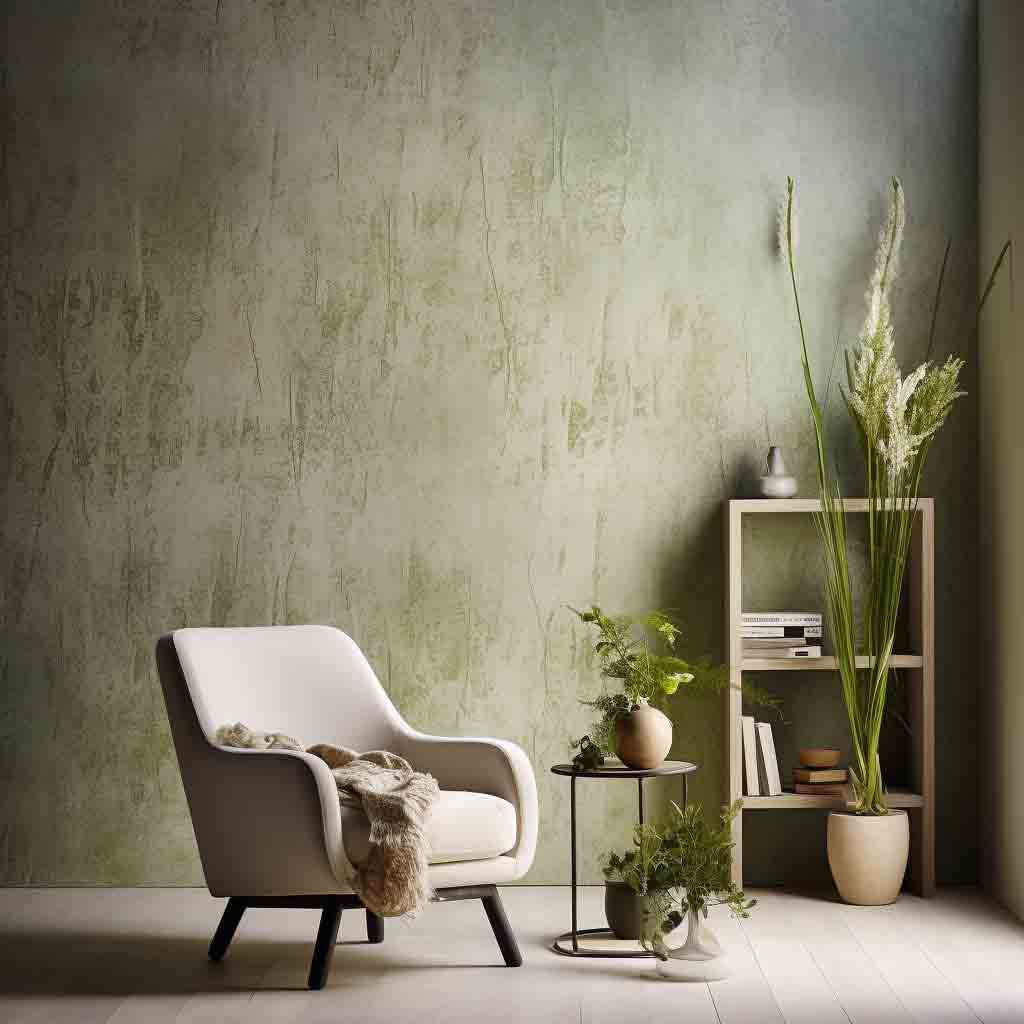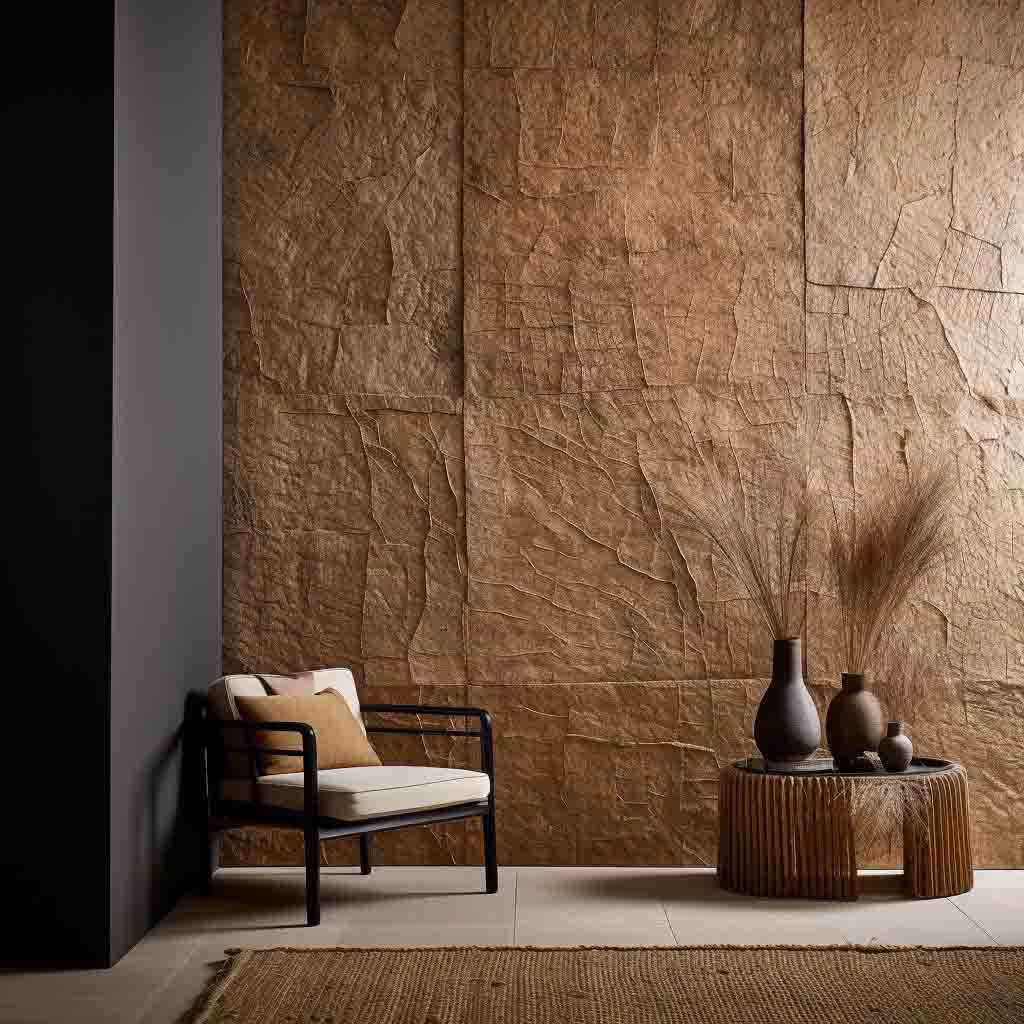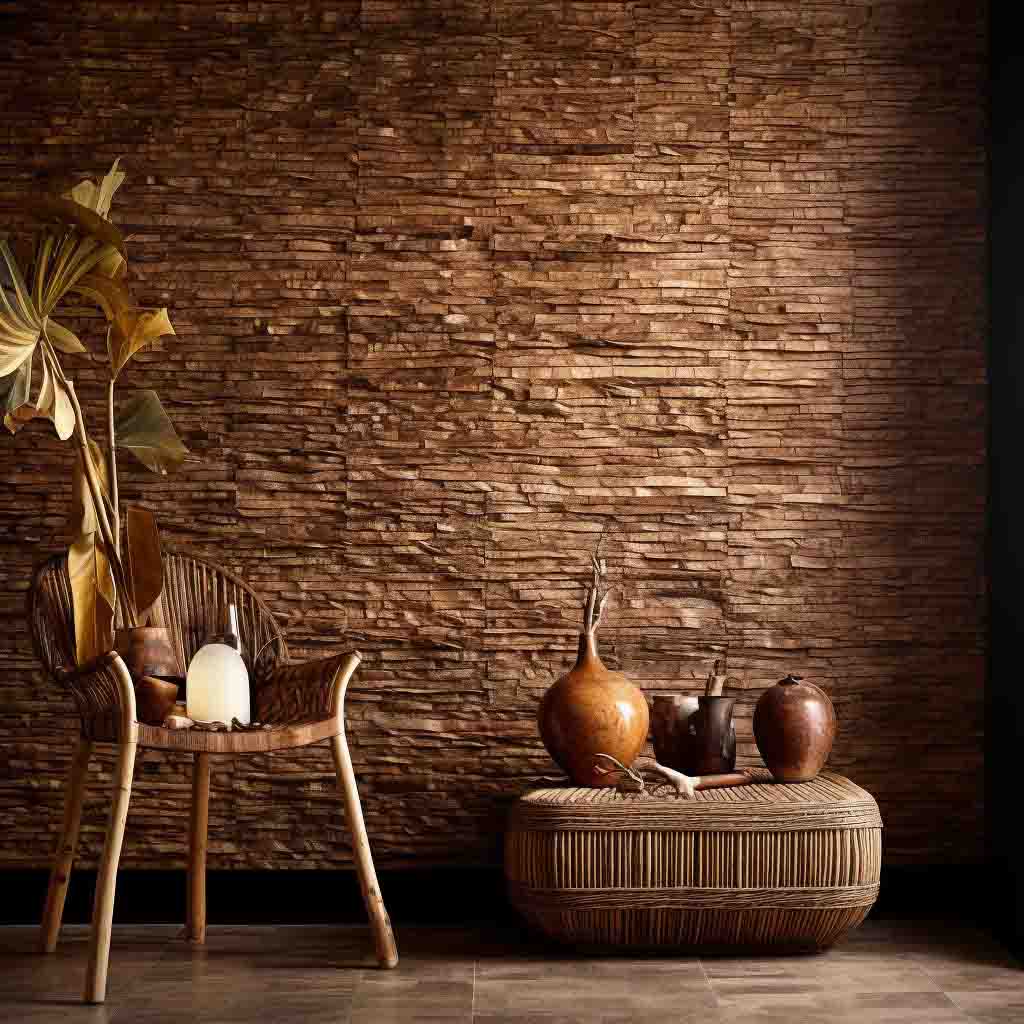Home » Eco wallpapers and decorative materials
Updated June 2025
Choosing the right materials for your home isn’t just about style — it’s also about health and sustainability. In the Denver metro area, where clean living and eco-conscious design go hand-in-hand, many homeowners are turning to eco-friendly wallpapers and decorative plasters to enhance their interiors while supporting a healthier lifestyle.
In this article, we’ll explore how to select wall coverings that are not only beautiful but also safe for your family and better for the planet.




Table of Contents
ToggleIndoor air quality can significantly affect your well-being. From volatile organic compounds (VOCs) to PVC-based materials, many traditional wall finishes contain chemicals that contribute to poor air and environmental health. Eco-conscious alternatives help create a space that feels as good as it looks — especially in well-insulated Colorado homes.
Choose wallpapers and finishes made from renewable sources such as organic cotton, bamboo, hemp, or recycled paper. These materials are biodegradable, breathable, and free of harmful toxins — ideal for bedrooms, nurseries, and living spaces.
VOCs are airborne chemicals that can off-gas from paints, adhesives, and some wallpapers. Look for low-VOC or zero-VOC labels to ensure your air stays clean and safe — especially in rooms with limited ventilation.
Many traditional wallpapers use solvent-based inks and glues that emit fumes. Eco wallpapers use water-based printing methods and natural adhesives that drastically reduce indoor pollutants.
Look for third-party certifications such as:
GREENGUARD Gold – ensures low chemical emissions
FSC (Forest Stewardship Council) – certifies responsible sourcing
EcoLogo – certifies products meet environmental leadership standards
These labels help ensure the product supports both your health and sustainability goals.
PVC (vinyl) is commonly used in wallpapers for its durability, but it’s also a known environmental pollutant. Choose PVC-free options made from cellulose or natural fiber blends to minimize toxins and reduce your carbon footprint.
Before purchasing, research product reviews and feedback from eco-conscious communities or green building resources. A little homework goes a long way toward finding trusted brands and materials.
Eco-conscious design works best when paired with thoughtful placement. Ideal spots for eco wallpapers or decorative plaster:
Nurseries and kids’ rooms 👶
Bedrooms and meditation spaces 🛏️
Home offices or creative studios 🎨
Any area with frequent use or limited ventilation
Good placement ensures your healthy materials work efficiently — and beautifully.
At EnjoyTheWall, we carefully select eco-conscious, health-friendly materials for every project in the Denver metro area and beyond. Here are the wallpaper and decorative plaster brands we trust and work with regularly:
Wallpaper Brands: • York Wallcoverings • Farrow & Ball Wallpapers • Thibaut Wallpapers • Wallquest • Brewster Home Fashions
Decorative Plaster Brands: • Vasari Lime Plaster • Texston Decorative Finishes • Stuccoitaliano • Biolime Natural Plasters • Chalk Down Lime • Master of Plaster
These manufacturers offer certified, sustainable, and low-emission materials — exactly what we recommend for eco-conscious interior design across Colorado.
We proudly help homeowners throughout the Denver metro area create stylish, health-conscious spaces. Areas we serve include:
Denver
Aurora
Lakewood
Centennial
Castle Rock
Boulder
Colorado Springs
Yes. Many are made with strong natural fibers and hold up as well — or better — than synthetic ones.
They often have a more organic, matte finish. That’s part of their charm — and they’re better for breathability.
We work with top-tier eco-conscious manufacturers listed above. Each has a proven track record of sustainability and performance.
Choosing eco-friendly wallpapers and decorative materials is a smart, future-focused decision. Whether you’re building a nursery, remodeling a bedroom, or upgrading a whole home, we’re here to help you select the healthiest and most beautiful options available.